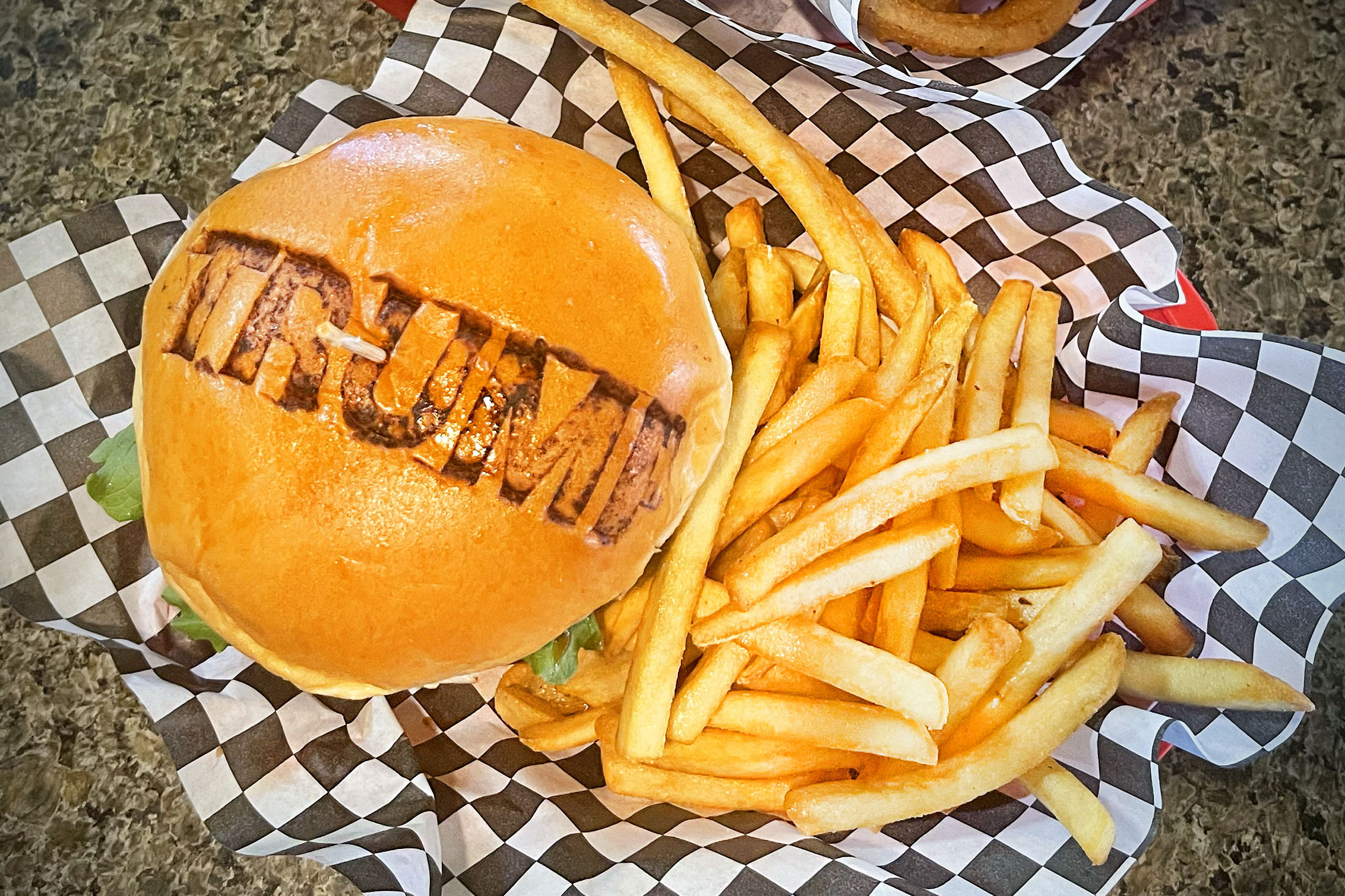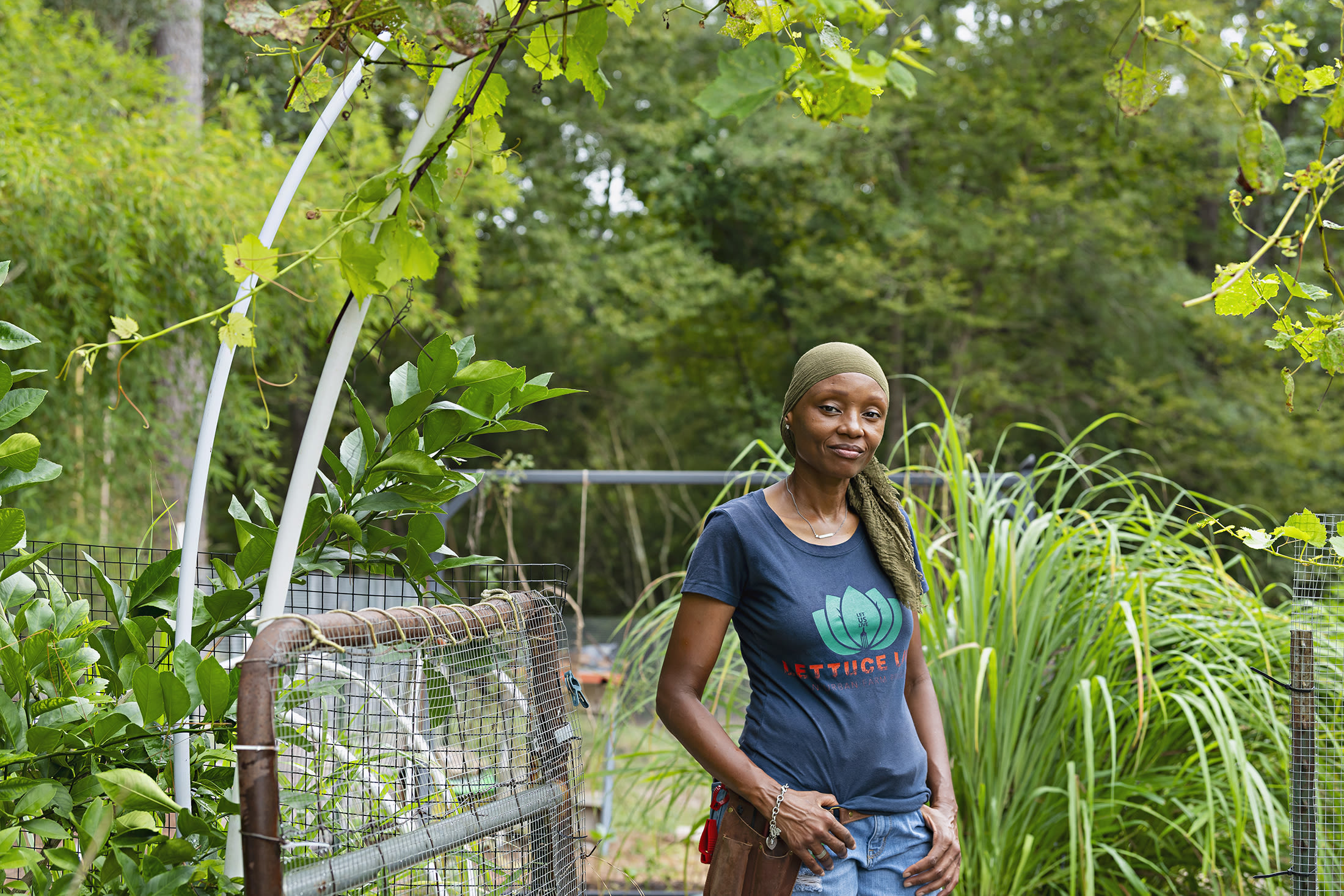Why Does Houston Have Such Low Voter Turnout?

We’re only one day away from one of the most high-stakes elections in recent memory, with candidates and issues that could reshape the direction of the city, state, and country. For some, the races have sparked fresh energy, and yet, as momentum builds toward Election Day, a familiar question hangs over our city: Why aren’t more Houstonians casting their ballots?
Texas is notorious for low voter turnout, often ranking near the bottom in national comparisons. Even in Houston, a city that loves to flex its cultural and civic pride, eligible voters often sit out elections, leaving questions about how to bridge the gap between civic pride and political action.
It’s a theme that resurfaces every election. Harris Votes data shows that while voter registration in the county has been steadily increasing, turnout still has room to grow. In 2008, out of nearly 1.9 million registered voters, only 1,188,731— or about 62.8 percent—cast a ballot. By 2012, the numbers grew slightly to 1.94 million registered voters, yet turnout barely budged, with just over 1.2 million participating.
It wasn’t until 2020 that Harris County saw a more noticeable turnout boost; 68.1 percent of registered voters came out. But put another way, despite the county’s 2.43 million on the rolls that year, just 1,656,686 people actually voted—that’s more than 774,000 people still not showing up. Turnout rates trail even more in non-presidential election years during local-only races, even though those positions arguably impact daily life in Houston more than who’s in the White House.
When this year’s early voting ended on November 1, Harris County had seen an estimated 1,232,960 voters cast their ballots ahead of Election Day (both in-person and via mail), out of the county’s total 2.7 million registered voters. In 2020, 1,435,221 people cast their ballots before Election Day, making up nearly 87 percent of the county’s total turnout that year. If this year’s breakdown mirrors 2020’s, we could expect another 190,000 or so people voting on Election Day tomorrow.
Time will tell when polls close November 5 at 7pm.
The reasons for low turnout are complex and deeply rooted in barriers both logistical and psychological. One of them is the persistent complexity around registration requirements. According to Emily Cruz, outreach coordinator at the League of Women Voters of Houston, the state’s laws do not make it easy to add yourself to the voter rolls.
“In the state of Texas, you cannot register to vote online [and] people have to be registered 30 days prior to an election,” Cruz says. “People either have to go to a library or a post office and find a physical registration form, or go online and print it out. They would have to fill it out and mail it but you will have to pay to send it out, unless the form is already pre-stamped.”
For many, the process alone can feel like enough of a hurdle to keep them away from the ballot box. Even when people are able to navigate all this, the lack of education about what’s on the ballot can be a major deterrent.
“A lot of people are not aware that [Houston has] elections every single year,” says Dallana Camargo, the League’s programs officer for voter services. “They’re pretty much only aware of the bigger ones, like the presidential one. They might not be aware of what their more local representatives or officials do, and so they don’t consider them as important.”
In the last election where the president wasn’t on the ballot, in 2023, only 453,756 voters came out, even though there was a very consequential mayoral race on the ballot.
Cruz points out that many people also believe common misconceptions around voter registration—another reason they don’t turn out.
“People think that if they register to vote, then they’re gonna be called to do jury duty. People [don’t have] trust in the system,” Cruz says.
For younger eligible voters particularly, this distrust runs deeper. As Cruz explains, they often believe voting won’t bring about meaningful change. The League has seen this firsthand during outreach events, where young people voice a sense of political disillusionment. “They’re like, ‘well, they’re not gonna fix anything,’ ‘they haven’t done anything in the past,’ or ‘my vote doesn’t matter anyway,’” Cruz adds, highlighting the importance of education.
A key focus of the nonpartisan group’s initiatives has been youth engagement, to make voting feel more accessible and relevant, and to translate young voters’ enthusiasm for social change into actual votes. The League’s work has taken them from high schools and college campuses to community centers and naturalization ceremonies.
“The league’s mission is to meet people where they’re at,” Cruz says. “It’s so much that we need to cover. Sometimes we’re not always capable of being there physically but we always extend our materials to other organizations and those materials come in different languages.”
The organization also sends handwritten messages to those who commit to voting as a way to help them remember deadlines. Cruz emphasizes that the hands-on outreach isn’t about politics but about demystifying voting and showing people that elections—especially local ones—can shape issues they care about, from school funding to public transportation.
With another Election Day around the corner, it remains to be seen if this year’s high stakes will change Houston’s turnout numbers, or if old patterns will persist. As the League’s approach shows, it’s not about a quick fix but about nurturing a culture of regular voting.
As Camargo puts it, “It’s become something that people can’t put aside because they have bigger issues at hand. People have realized that their issues [could] be improved if they voted for candidates that kind aligned with how they want to see their communities.”




